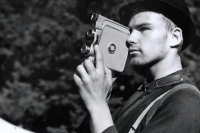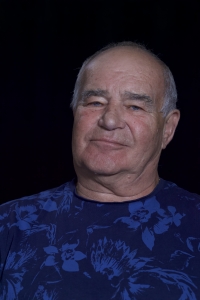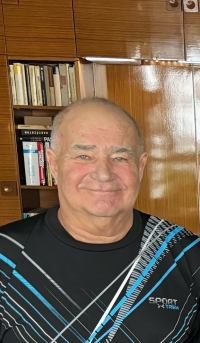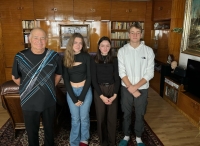A twenty-year-old secret film of the third torch
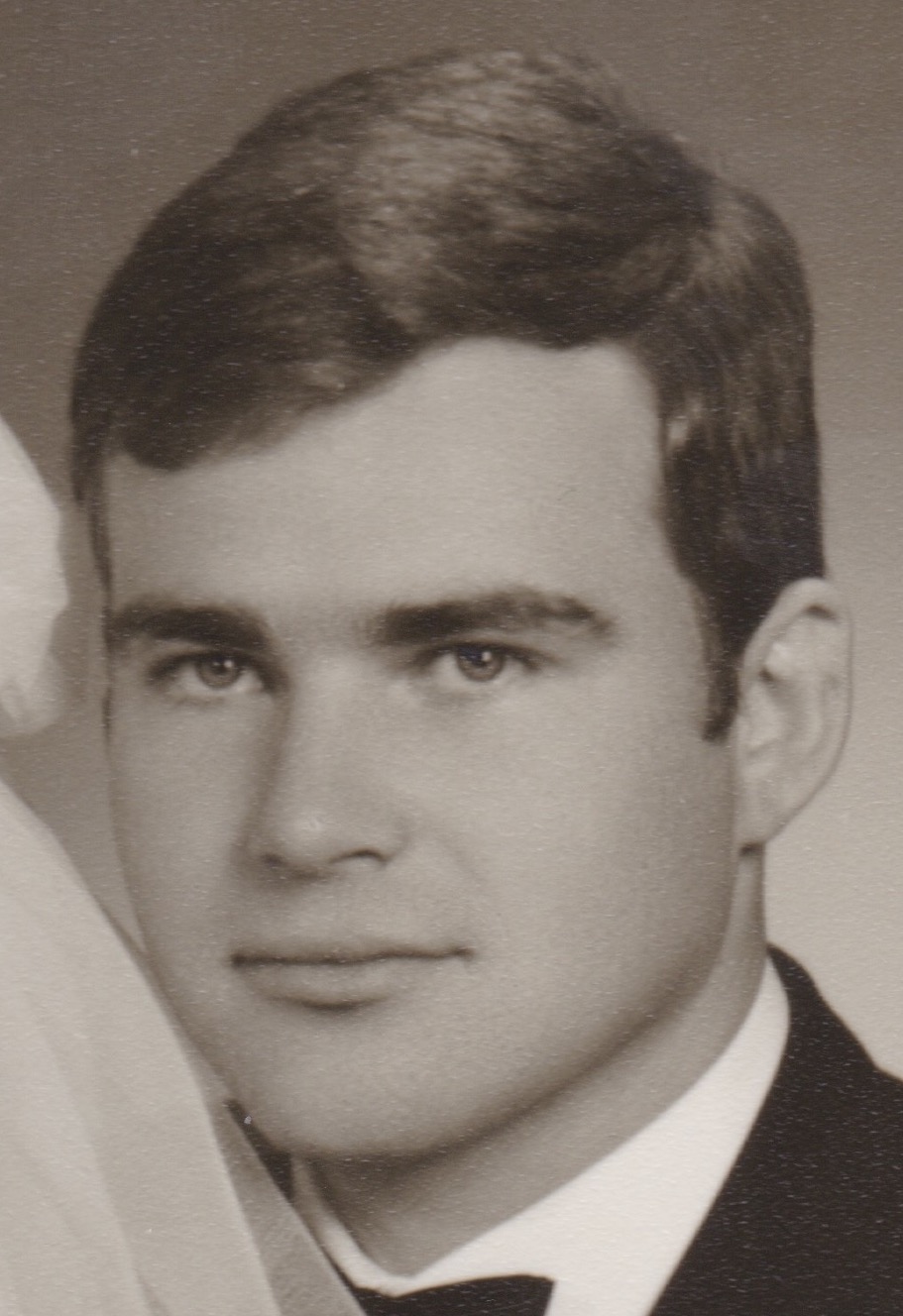
Download image
Roman Fürst was born on May 16, 1944 in Jihlava into a family of general practitioner Alois Fürst, who was arrested in the mid-fifties and sentenced to a five-year prison in a fabricated trial. Their family house near the square was confiscated along with other property including a car. Due to the cadre reference Roman Fürst could not study high school of nursing and started to study office mechanics, later he completed secondary technical school. Before leaving for the military service, he had been attending the amateur film club in Jihlava since the early 1960s. He participated in the filming of Jihlava monthly journal, which dealt with events from politics, culture and sport. Later he became a member of the regional jury of amateur film. He completed his military service at the Kbely airport in Prague, where he also performed in an amateur theater plays, directed by Jiří Suchý. He joined Motorpal in Jihlava as a designer engineer after his return. There he shared a workplace with a wife of Evzen Plock, with whom he often came in contact with. After the self-immolation of Eugene Plock, he and Karel Tomek made a short film - I Am for a Human Face, in which he captured the funeral. The film first won the district and then the regional round of the amateur film competition and advanced to a nationwide competition that did not take place because of the incoming normalization. In 1969, the StB Jihlava began to search for the film and after an unsuccessful search, Roman Fürst and Karel Tomek were taken for questioning, where they spent ten hours and where Roman Fürst was threatened with physical violence. The film was declassified after the fall of the communist regime. For twenty years it was hidden at one of his friends Roman Fürst outside of Jihlava. After being interrogated, he never returned to active filming and after 1989 he started his own business. He is currently enjoying the retirement and the opportunity to travel. At the time of filming he lived in Velký Beranov.






